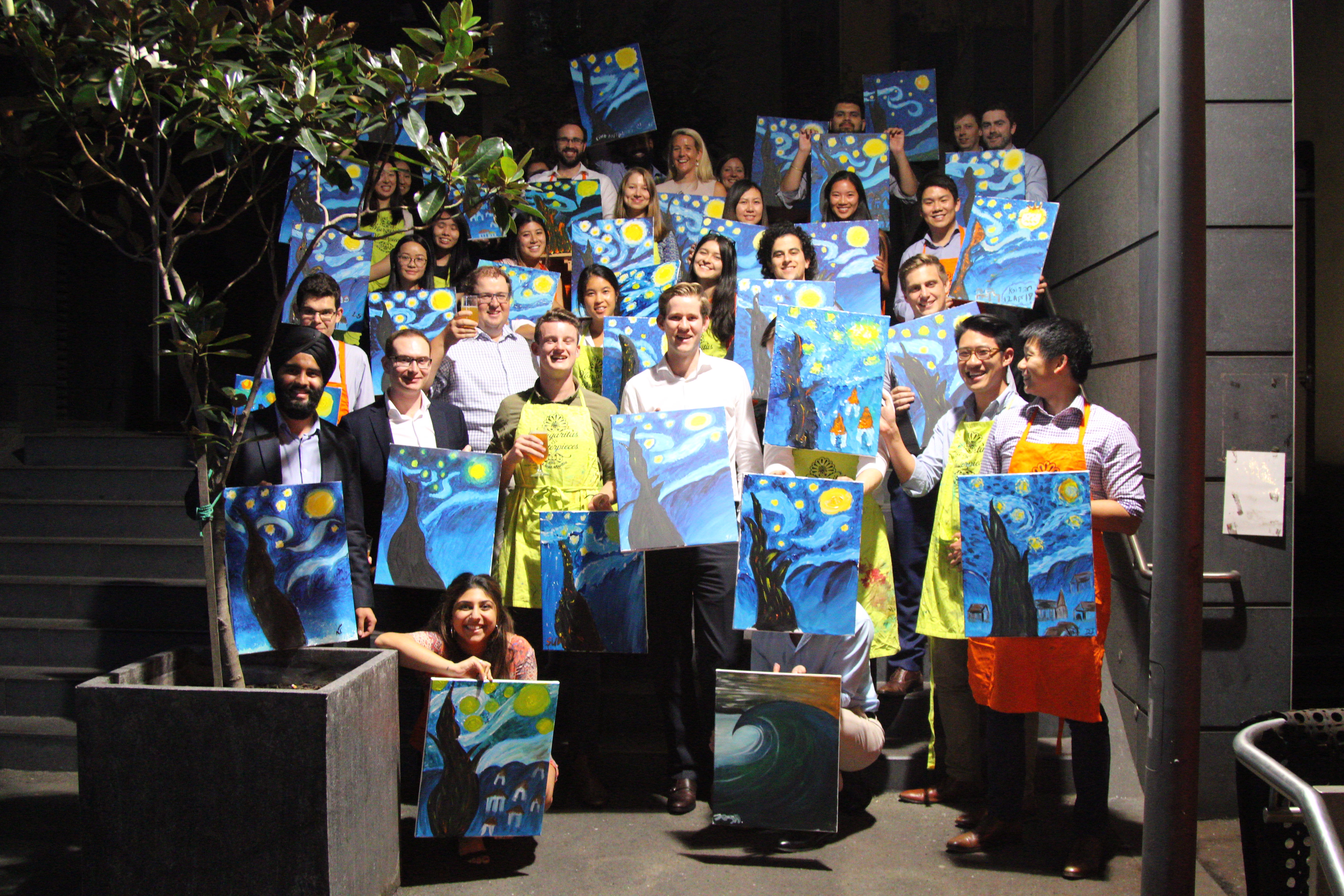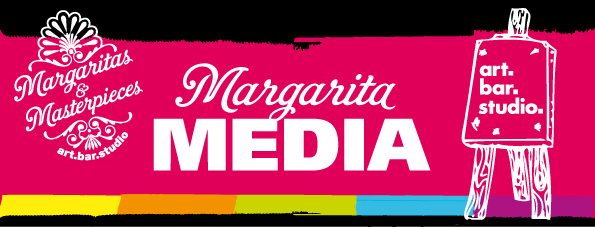Success doesn’t happen overnight, today’s entrepreneur has to work two jobs.
Oct, 2018.
These days it sure feels like there’s a lot of write ups focusing on the success stories of entrepreneurs who’ve found a niche in the market, started a business and managed to turn some phenomenal profit all within the space of a few months.
Whilst we all applaud our entrepreneurial peers who’ve struck gold and achieved such feats, for the majority in their first few years of starting a business, huge profits are just not the frequented reality.
An old and common stereotype connected to the entrepreneur, is someone who has left the comfort and security offered in working their normal day job so to be able to take on big risk and follow their dreams. Conversely, founders of new business today are showing us again and again how the expected norm’s are changing and common stereotypes like the afore mentioned have become, quite simply, outdated.
Yes, you will find most who start a new business are willing to divest every spare minute, breath & dollar into following the dream and taking a risk on something potentially great. However, those who opt not to or are unsuccessful in acquiring venture capital from a third party often don’t have the financial freedom to leave their “day” job and source of consistent income.
One must consider the cash flow required of a new business plus the every day living expenses demanded on a person at home.
In the first few years of growth you really want to try and reinvest profits back into your business for further development and growth, you don’t want to be pulling them out just to cover rent to the detriment of your new start up.
Thus, potentially even more admirable than what we have in past credited them, they continue to work the “day job” across a typically standard forty hour week and then put in an additional fifty-sixty hours per week minimum, trying to fan a flame to burn a different course for their future.
Young Balmain entrepreneur, Emma Clisby of “Margaritas and Masterpieces” is no stranger to this. A couple years back Clisby, whilst travelling through Colorado, encountered a new type of social event garnering alot of momentum across the USA called paint and sip. A team building initiative involving cocktails and art lessons.
No stranger to the corporate world and the positive impact team building practices could have in generating successful and cohesive work environments propelling productivity, Clisby researched the Australian Market, identified the opportunity and decided to pioneer the introduction of paint and sip parties into the Sydney Market.
Enter stage right, “Margaritas and Masterpieces“. With life savings which could easily have been used as a deposit for an investment property, Clisby instead decided to devote these funds to establish and launch her new business. With a heavy initial outlay, Em opted to continue working her full time “day” job to ensure a consistent stream of income continued to flow to be able to cover all expenses and also to be able to choose premium services and products to support her business as opposed to not being able to do so due to financial constraints.
Clisby reflected, “I started the business very organically whilst working at a graphic design agency. For all branding relating to the business I paid full price. I believe in great designs and it really has paid off in spades. My clients are constantly telling me they chose me over my competitors because my website looks the best.”
“The launch of Margaritas and Masterpieces was fully financially funded by me. For my business I independently created a business plan, established networks, devised a business strategy, executed day to day advertising & events. I furthermore built relationships with big time Corporates and successfully ran team their building sessions. I did all this whilst working full time so as I didn’t get myself in debt and so I could still enjoy my 20’s, whilst giving my business a more than decent go.”
When asked what advice Clisby had for individuals who want to start their own business she offered, “Building a business is all about cultivating your networks.”
Clisby said, “I am constantly blown away by the random acts of kindness people I come across bestow upon me and my business. Some of my best ideas have come as seeds from a social conversation, or through other entrepreneurs I’ve encountered in my network happy to meet and discuss angles etc.”
“The entrepreneur journey can sometimes be a lonely one, especially when you’re a person who loves team collaboration… so these little gems of time and advice are priceless to me”
Clisby is five years into building Margaritas and Masterpieces and whilst not yet a millionaire, she is still having fun and her business continues to steadily grow each year in clients and profits. Whilst doing this she continues to grab life and business experience, networking opportunities and supplementary financing by holding additional roles in the Events Industry. Furthermore Clisby has been able to continue regularly indulging in her all time favourite hobby of world travel!
Every entrepreneurs journey will be unique don’t get deflated if it doesn’t happen overnight. Steve Jobs and Bill Gates took years to develop Microsoft & Apple into global players and they both started from scratch. Some people will hit big money quick and others may find monetary success further (maybe years) down the track. Some may never come into big money but striving and working towards something one feels passionate about will ultimately result in a sense of success (outside of monetary measures).
Start building something outside your “day job” bit by spare pay cheque bit. Don’t quit your day job, yet!

The three pillars supporting work place happiness
Aug, 2017.
What makes a great workplace? What makes attractive, something the vast majority of us are indebted to attend for a minimum of 40 hours a week thanks to a context we’ve entered into or set our sights on one day realizing too far down the road to even see?
A debt increasing, as the vision for our context morphs thanks to the lure of keeping up with the Jones’ – a metaphorical family who now thanks to social media, are able to broadcast each new asset, acquisition or holiday in real time as they continue to rebrand themselves as the ultimate ambassadors for consumerism. Why do we work? Whatever your views are – let’s agree in the western world money makes it all go around and work is where we go to get it.
So back to the original question. What makes a great workplace? How do we flip the perspective on our 40 hour week to a place where we can attain happiness and enjoyment?
What makes us happy at work? Having worked my fair share of soul crushing (each for a different reason) jobs over the years, the subject of happiness at work has always piqued my interest. I surveyed 100 different people across varied industries and countries on what they like about their job. Their answers revealed three common denominators, three pillars -outside of remuneration- integral to supporting happiness at work.
These are:
1) Role – Having a challenging & interest capturing work activity to perform as part of your role
2) Commute – Not trading off crucial hours outside of work to travel to get there
3) Culture – The people you work with, including your manager
If you find yourself supported by merely one of these pillars, or worse none – get the hell out of there, this is the reason you constantly feel so deflated. You need a minimum of two pillars under you at your workplace for it to be bearable and easy to attend.
If you’ve scored all three then it’s not going to feel so much like work and the whole perspective begins to shift from feeling like an obligation to something you are wanting & happy to go to.
1) Does the focus of your role interest you? As a manager there’s definitely some input you can affect to broaden and challenge the role being performed by an individual in your team however often only to a certain extent. Often there are challenging or mundane aspects to a role that need to be performed for the sake of the business and if all the intricacies of a role have been disclosed to the candidate applying and they’ve agreed to still apply sometimes you just really need to let them do it because someone has to.
On the other side of the coin as the person who applied for that role it’s up to you to apply for something you think will challenge or capture your interest – no one knows your capabilities or interests better than you, you’re steering this ship.
2) What affect is your commute having on you? Again, as a manager, there is not too much you can affect with regards to the distance someone chooses to travel to work. Commute can largely impact the happiness level you feel at a workplace. It all comes down to your own personal values & what you’re willing to trade-off.
If you need those extra hours in a day to exercise or spend time with your family to contribute to your overall happiness then having to do a one way two hour commute to work is not an option. If you get road rage make sure you can take a train. If you hate the train work at a place offering free parking and so on. Think about what you’re getting yourself into because if you know yourself and enter into a role requiring a commute you know you’re not satisfied with it will ultimately wear you down and a precious pillar to your happiness at work will fall and crumble.
3) What kind of people are you surrounded by? Finally we come to culture. This has to be the most obvious pillar. Your colleagues & team hold significant impact on your happiness levels at work. The people surrounding you have the potential to act as your sounding-board, confidant, idea source, troubleshooter, therapist, counsellor, stress diffuser, teammate, encourager, support network and so much more. In saying this they also have the potential to act as the antonyms to all of these too.
As a manager, creating a great culture at the workplace is largely influenced by you. It all starts with who you hire – the greater the emotional intelligence the better. A good manager will harbor and encourage a supportive, collaborative and friendly culture.
This can be organically stimulated by allowing you and your team space to learn, connect and relate to each other on a level outside of normal work activities. Margaritas and Masterpiecesand The Mystery Puzzle are great activities to engage in for the purpose of growing inter-personal relationships at your workplace as they give your team a chance to collectively focus on something completely outside of work.
In concentrating on manifesting a specific painting or sourcing a solution to a problem physically confining you to a room, these unusual distractions provide a chance for colleagues to reveal different aspects of their personality they may not have the chance to ever reveal in the typical work day.
Majority of us have a lot more years ahead of us in the workforce so it is up to us as employees to choose roles and commutes that will contribute to our happiness and for good managers to do everything they can to create a good workplace culture to keep us wanting to come back.
Life is too short!


